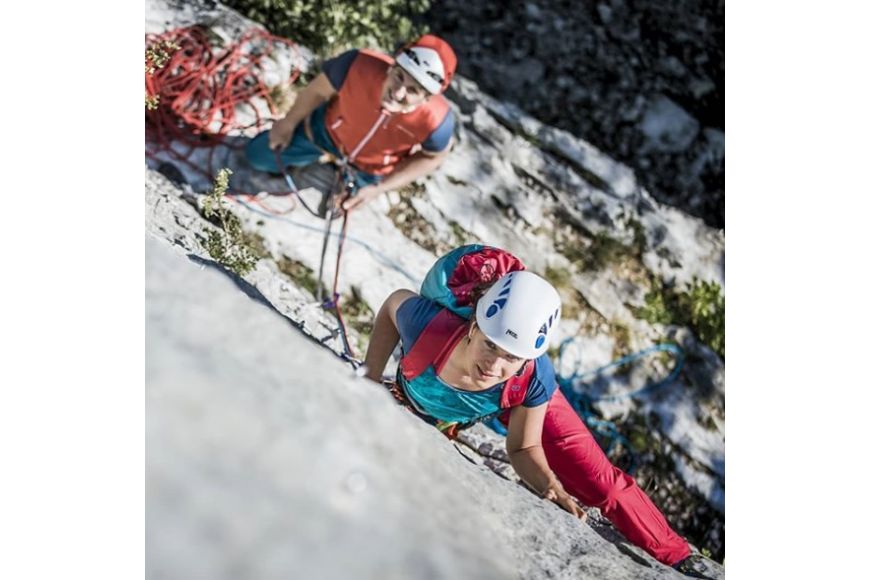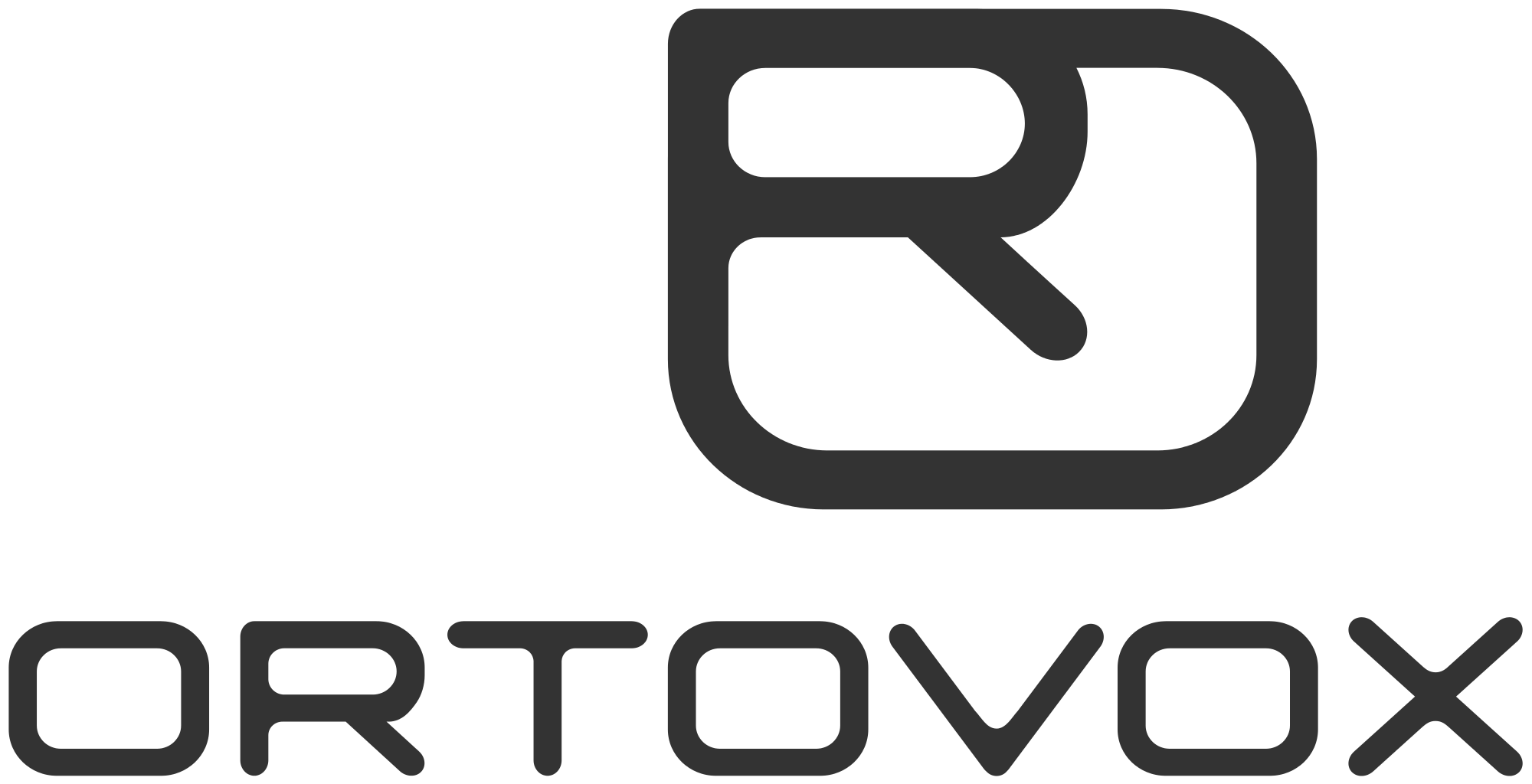
In mountaineering and climbing several types of knots are used.
In alpine climbing, it is vital to know how to make all knots quickly and confidently. You also need to know how to tie them blind, in the dark, in an emergency, etc.
There are three types of knots: roping knots, connecting knots, belaying knots or blocking knots.
The half capstan
It is part of the belay knots but is more of a loop than a knot.
It is used for belaying at the head and second belay and for abseiling down the rope partner. It "works" best on an MHS carabiner (specially designed for belaying).
The capstan
He's one of the belay knots.
It is used for self-insurance. It must be attached to the central point of the belay with a locking carabiner. It avoids complicated knots to untie or the risk of unintentional opening.
The knot of eight
It has become the universal climbing knot for roping.
The fist knot
It's part of the nodes.
It allows two strands of rope to be joined together end to end. This knot has a rather weak general resistance. It is used when the load does not exceed the weight of a body (about 90kg maximum).
The lark's head
It's part of the nodes.
It is used to connect two webbing straps, to attach webbing straps to a tree and to add a self-bracing strap on the harness and in the carabiner.
This type of knot is very fragile when loaded and rubs against the rock.
The Prussik Knot
It's part of the self-locking knots. When relieved you can move it, but when loaded it locks.
It allows you to self-insure during abseiling descents. It is made with a cord between 5mm and 6mm thick.
Machard's knot
It's part of the self-locking knots.
It's an alternative to Prussik. It is highly recommended for a strap because it can block fine loops.
The chair knot
It allows the climber to cow to a relay. It is very resistant and does not tighten under the effect of the load.



Leave a Reply
All fields are required